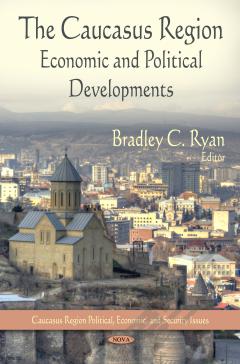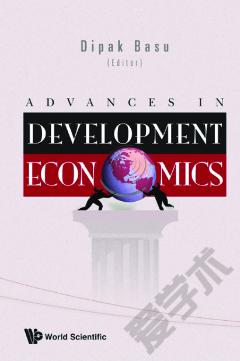Economic Growth and Development in the Caribbean Region
This book identifies ways in which the U.S. trade and aid policy can most help the Caribbean Basin. A number of impediments to future development in the Caribbean, including the small size of the countries and companies in the region, limited infrastructure development and trade policies that feature government reliance on tariff revenue are reviewed. Furthermore, a number of policies are identified and discussed in this book that could help speed development by increasing the scale of markets for Caribbean countries. To address problems faced by small economies and enterprises, this book examines the ways in which the U.S. could increase regionally focused assistance, such as through the creation of educational programs designed to facilitate understanding of export opportunities and trade benefits, as well as through programs to improve understanding and compliance with international regulations regarding port security and food safety. Infrastructure improvements, along with skilled and educated work force, have been identified as the crucial factors for investors in the Caribbean, particularly in higher wage sectors. This book suggests that, to address limitations in port infrastructure, the U.S. could improve coordination on shipping and security issues with Caribbean countries to increase shipping reliability and to reduce time to market. The U.S. could also support training programs to increase the number of skilled workers in the region.
{{comment.content}}








 京公网安备 11010802027623号
京公网安备 11010802027623号